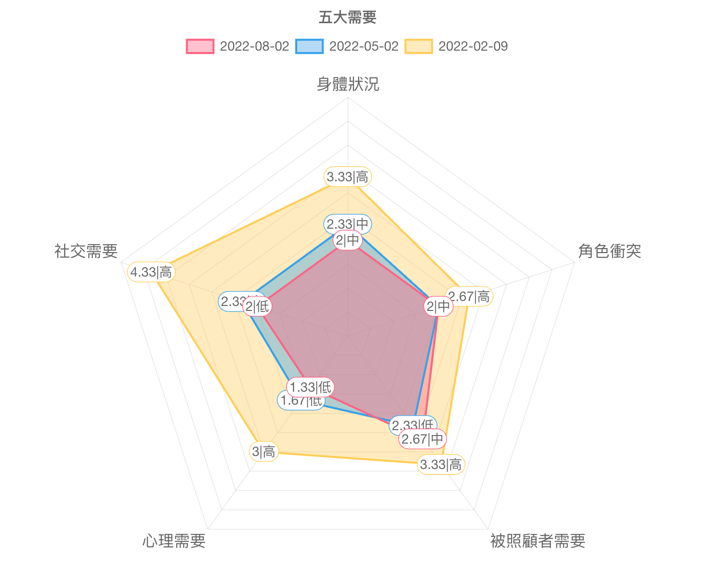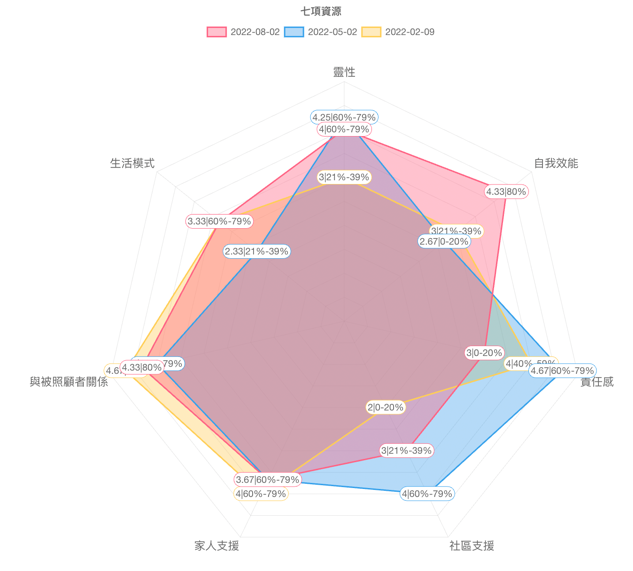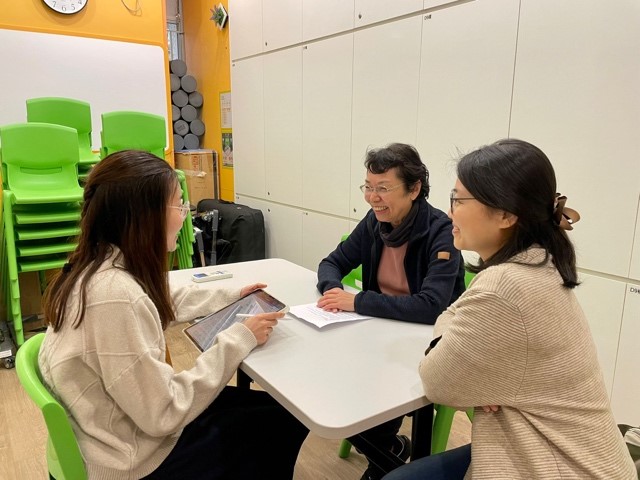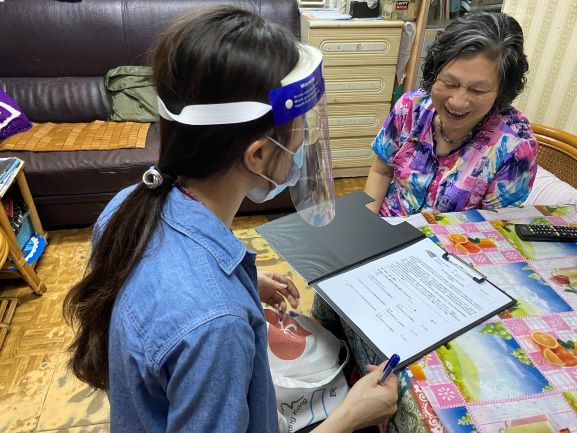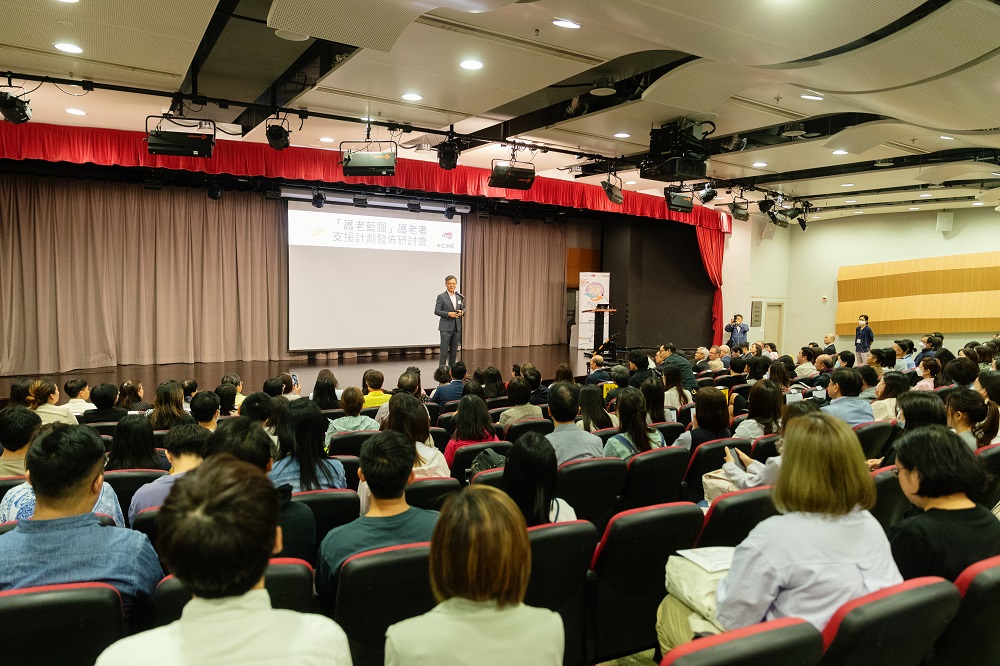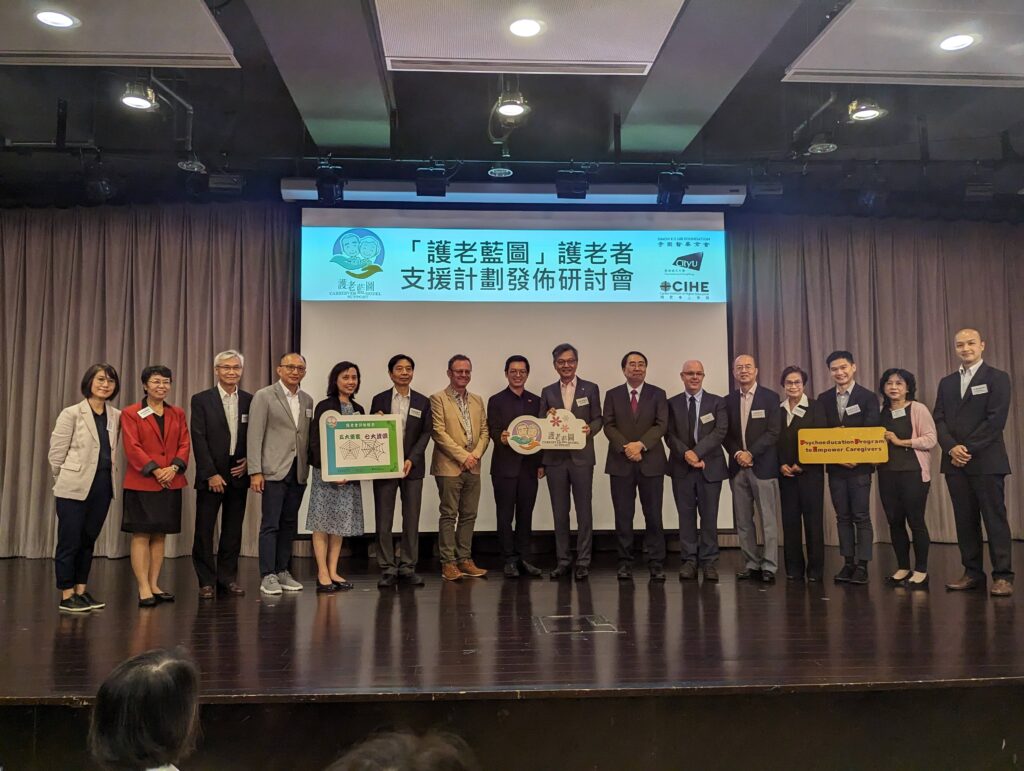Caregiver Support Project
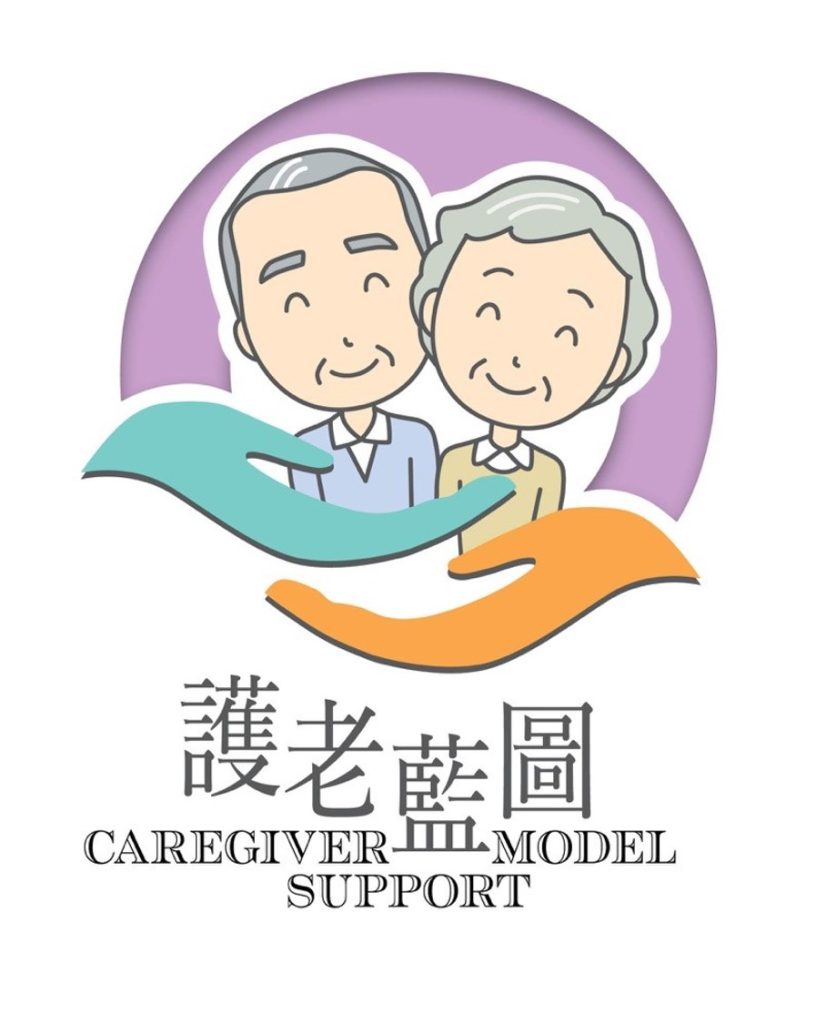
Project Background
The proportion of population aged 65 years or above is projected to rise from 17.8% in 2018 to 31.9% in 2038. There is an urgent need to meet the demand for sustainable care of frail elders. It has been shown that one of the major causes for institutionalization of care recipients is caregiving burden. It is crucial for social workers and relevant human service professionals to have a thorough and accurate understanding of family caregivers’ needs and resources, and to develop a caregiver-centered intervention plan to reduce their caregiving burden, build up their capacity, and enhance their quality of life. The Caregiver Support Project is led by City University of Hong Kong, with members including Prof. Tit Wing Lo (since Aug 2019), Prof. Alice M.L. Chong (Feb 2019 – Aug 2019; since Jul 2022), Prof. Marcus Chiu, Prof. Dannii Yeung, and Dr. Ben Li. With the active collaboration of five NGOs (namely, Baptist Oi Kwan Social Service, Caritas Hong Kong, Hong Kong Christian Service, Methodist Centre and Hong Kong Sheng Kung Hui Welfare Council), the Project is now successfully completed.
Project Objectives
The Elderly Fund partnered with City University of Hong Kong since 2019 to develop and validate the Caregiver Support Model (CSM) and Psycho-education Program on Empowerment (PP-E) with a Randomized Controlled Trial design. The key objectives of this project are to:
- Provide social workers and other human service professionals with a scientific, comprehensive and locally validated working model that assesses and matches the needs as well as resources of family caregivers with suitable services and support;
- Develop and validate a psycho-education program on empowering family caregivers, with the goal of promoting family caregivers’ capacity, resilience and long-term well-being.
Methodology
CSM consists of several components, including the development and validation of a Caregiver Need Assessment (CNA) tool through a survey and randomized control trial (RCT) involving 900 caregivers and experts; online caregiver services and community resources library for service matching; formulation of personalized intervention plan; step-by-step case management; and user-friendly guidelines on the operational procedures. Regular meetings with caregivers are scheduled by social workers to monitor the progress of intervention and evaluate the effectiveness of the recommended services.
PP-E is an 8-session psycho-education program for experienced family caregivers, which focuses on rediscovering the meaning in caregiving and promoting self-care and transcendence through peer-support intervention. A randomized controlled trial study with a pre-test, post-test and 3-month follow-up longitudinal design (Time 1, 2, and 3) was adopted, and eligible caregivers from 4 partner NGOs were randomized into the intervention and control groups.
Project Effectiveness
A major component of the CSM is to formulate and validate the Caregiver Need Assessment (CNA) tool which was grounded on the Stress Process Model (Pearlin et al., 1990) and the Dual Process Model (Stroebe & Schut, 1999, 2001). Twelve factors are identified through semi-structured interviews with family caregivers, social workers and experts (n = 26), as well as field tested with 317 family caregivers.
We then collaborated with 4 NGOs from January 2022 to March 2023 and successfully recruited 580 caregivers to participate in a 6-month RCT study. Two centers from each NGO were randomly assigned to be the intervention and control groups. Data were collected at baseline, 3-month follow-up and 6-month follow up. The results showed that CNA could provide an evidence-based and comprehensive examination of not just the needs but also resources of the caregivers. The CNA scores were presented in image through a spider web chart, which is easily understandable for the caregivers. Also, social workers refer to the CNA score and identify the overall situation and particular concerns of caregivers step-by-step. With a systematic case management approach and service matching in the online database, social workers in the intervention group could bring about greater improvements in the caregivers’ needs, resources, and life enrichment (being one positive aspect of caregiving) than that of the control group.
The PP-E started from August 2020 to May 2021. After completing the eight training sessions, the caregivers demonstrated improved general well-being, self-efficacy, and health awareness. The first two aspects of improvement are closely connected with empowerment, the program’s ultimate goal. Moreover, their need for respite care was reduced, and participants have become more willing to help out other carers. It is encouraging that, during the COVID-19 pandemic, older caregivers with low IT literacy and skills could still manage the tablet and online platform with some help to participate in the PP-E intervention program. Overall, the elements of discovering and understanding personal strengths through participating in the online PP-E have facilitated the caregivers to appreciate themselves and thus increase caregiving self-efficacy.
Funding amount (research and service): $33M
